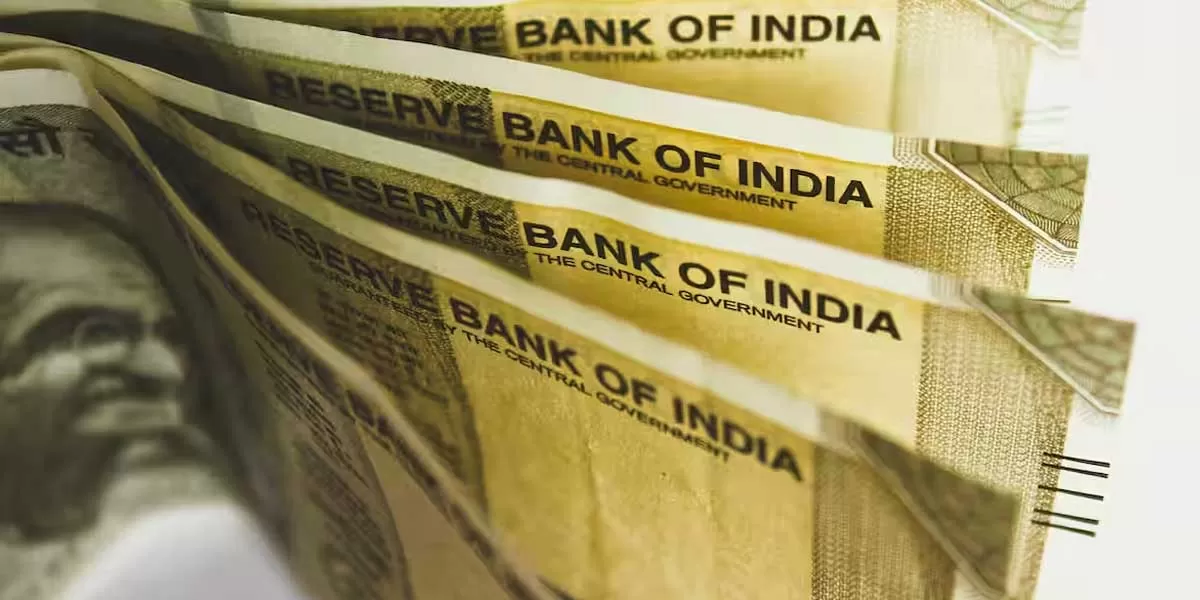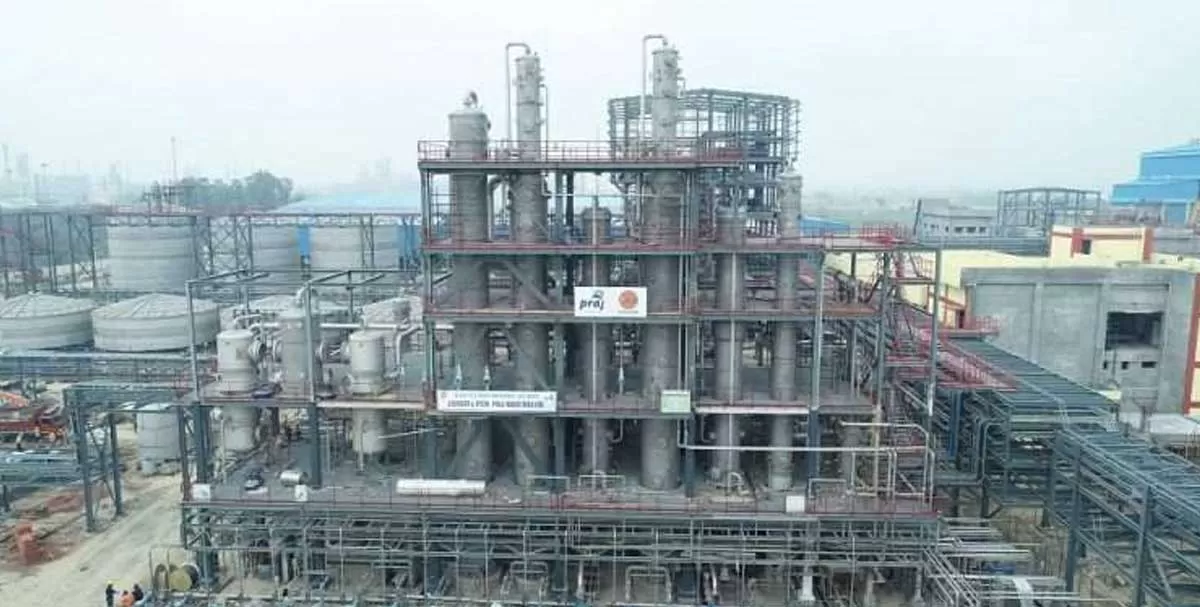
Govt Raises Rs.165.07 Bn from PSUs Disinvestment in FY24
Redefine the future of urban mobility! Join us at the Metro Rail Conference 2025 to explore groundbreaking ideas and insights. 👉 Register today!

Bain Capital Invests in Dhoot Transmission Group to Accelerate Growth
Dhoot Transmission Group, a prominent manufacturer of automotive components, has announced a strategic growth investment from Bain Capital. This partnership with founder and CEO Rahul Dhoot will leverage Bain Capital's automotive expertise to drive innovation, expand global reach, and explore high-growth segments through acquisitions and partnerships.Founded in 1999, Dhoot Transmission Group specializes in manufacturing wiring harnesses for two-wheelers, three-wheelers, and other vehicles, including both internal combustion engine (ICE) and electric vehicle (EV) segments. The company has diver..

Indian Oil Corp Eyes Sour Crude from Spot Market
Indian Oil Corporation (IOC), the largest oil refiner in India by capacity, is actively seeking to procure high-sulphur crude oil through spot tenders. This marks the company's first initiative to import sour crude oil since March 2022, according to insights shared by trade sources on Thursday. Sour crude, known for its higher sulphur content, is commonly used by complex refineries capable of processing such grades efficiently. In addition to the sour crude tender, IOC has also floated a separate tender for sweet crude oil, a variety with lower sulphur content that typically requires less int..

Indian Carmakers Gear up for EV Push in 2025 Despite Global Slowdown
Automakers in India are preparing to launch nearly a dozen new electric car models this year, many targeting the premium market. These vehicles are expected to feature extended driving ranges and faster charging capabilities, aimed at attracting consumers amid a global slowdown in demand for electric vehicles (EVs). Electric cars are set to dominate India's five-day auto show in New Delhi starting Friday. The event will showcase models from Vietnamese newcomer VinFast, alongside domestic players such as Maruti Suzuki and Mahindra & Mahindra, as well as international competitors including BYD,..
















